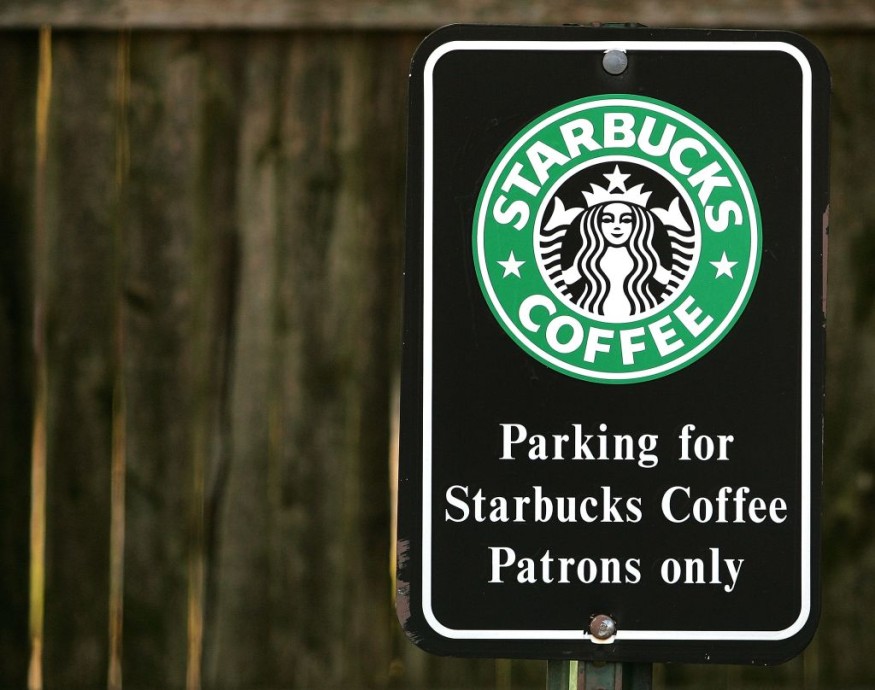
Starbucks is giving its baristas more time off after welcoming a child, tripling its paid parental leave to help improve employee satisfaction and performance.
Starting in March, Starbucks will offer birth parents 18 weeks of fully paid leave, up from the previous six weeks. Other parents, including those who adopt or foster, will get 12 weeks of paid leave, doubling the current amount.
Starbucks Triples Parental Leave for Baristas to Boost Employee Satisfaction
The announcement comes as Starbucks works to boost morale and create a better work environment for its in-store employees.
Only about 40% of US employers offer paid parental leave, and it's even rarer in the retail and food service industries.
According to the Bureau of Labor Statistics, just 16% of service workers had access to paid family leave in 2023, Bloomberg said.
Starbucks made the change after hearing feedback from its workers, who said six weeks wasn't enough. This expanded leave will be available to baristas working an average of at least 20 hours a week, which includes many of the company's part-time employees.
The decision is part of a larger plan to improve the Starbucks experience for both customers and workers. CEO Brian Niccol, who joined the company earlier this year, wants to make stores more efficient and welcoming while prioritizing employee satisfaction.
Sara Kelly, head of human resources at Starbucks, emphasized that investing in employees leads to better customer service.
The extended parental leave also helps Starbucks stand out in the foodservice industry, where similar benefits are rare.
Chipotle, for example, offers fewer weeks of leave for birth and non-birth parents compared to Starbucks' new policy.
Industry experts believe these changes could help Starbucks keep its employees longer, reduce turnover costs, and maintain its reputation as a leader in worker benefits.
Starbucks Aims to Win Over Workers with Expanded Parental Leave Policy
According to RestaurantDive, Starbucks has faced challenges with employee morale in recent years, including conflicts with unionized workers.
The company has been criticized in the past for linking expanded benefits to stores that didn't support union efforts. With this new leave policy, Starbucks aims to show its commitment to workers, especially as it navigates ongoing contract negotiations with Starbucks Workers United.
While workers are getting better benefits, pay raises at Starbucks will be smaller than last year due to lower-than-expected earnings. Still, the company hopes its updated parental leave will make Starbucks a more attractive place to work, encouraging baristas to stay longer and deliver excellent service.
For Starbucks employees, this policy change brings relief and support during one of life's biggest moments—welcoming a new child—while boosting the coffee giant's efforts to be the best job in retail.















